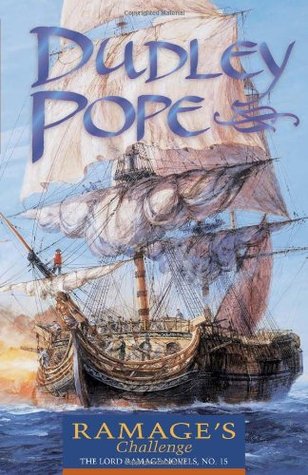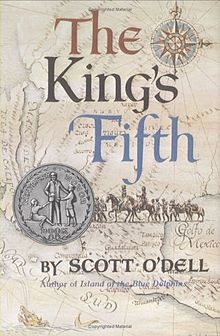[button color=”black” size=”big” link=”http://affiliates.abebooks.com/c/99844/77798/2029?u=http%3A%2F%2Fwww.abebooks.com%2Fservlet%2FSearchResults%3Fisbn%3D9781590130124″ target=”blank” ]Purchase here[/button]
But this is only the beginning. While Ramage wonders about both of the women in his life—the still dear, though no longer passionately loved, Marchesa last seen in Paris during the brief peace, and now either in prison or dead; and his vivacious bride Sarah, who had escaped with him from Brest when the war began again, only to be put on board a ship that never made it home—not knowing whether or not his wife lives, Ramage risks all on a series of daring gambles, many of them under the knowing gaze of an admiral near the top of the seniority list, to say nothing of a vexing army colonel who all but asks Ramage for a duel on his own quarterdeck.
His private miseries contrast remarkably with the brilliant maneuvers Ramage carries out in this book, all without the loss of a single hand—his record in that area is remarkable, you know. All I have to complain about, besides the hero’s habit of woolgathering during the moments leading up to an order whose timing is crucial—and the fact that this habit is so obviously convenient to the requirements of an author who likes to indulge in passages of historical and nautical explanation—all I have to complain about, I say, is that there will only be three books in the series after this, and Ramage ought to have quite a career ahead of him!
Recommended Age: 14+




